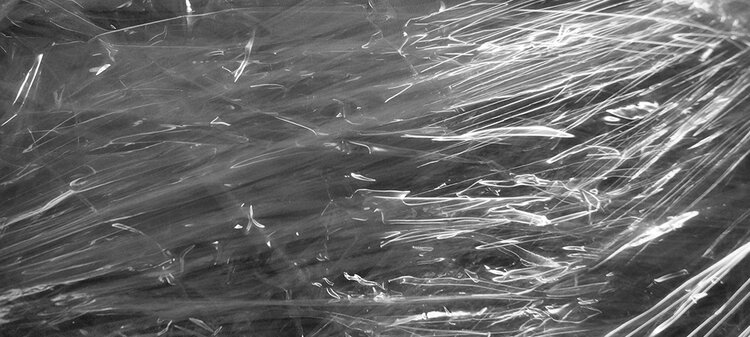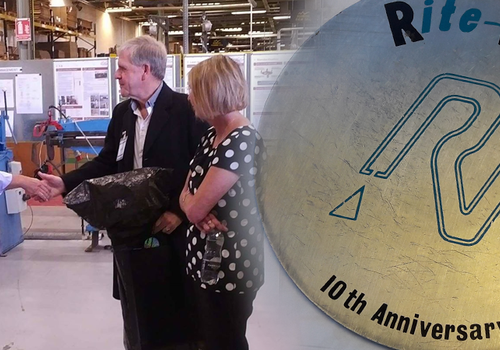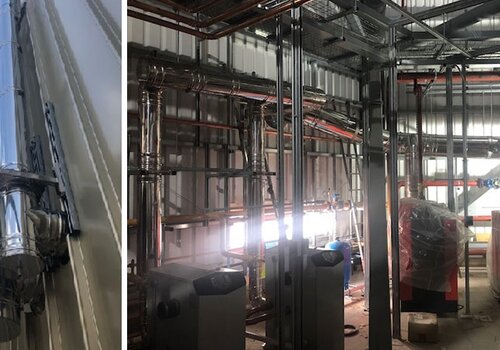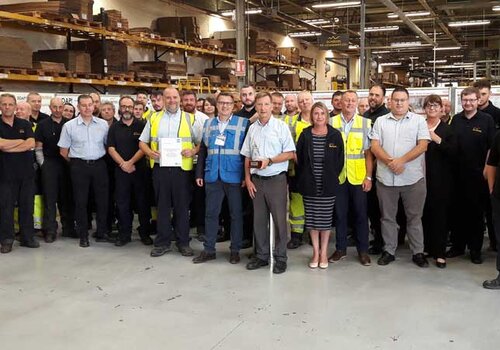(Washington, Tyne and Wear, 21. October 2019) Plastic waste is fast becoming a widely recognised problem. While it is an important material for our economy, providing multiple benefits to modern day living, plastic can take thousands of years to biodegrade.

Producing plastic increases carbon emissions and around 80-90% are made from fossil fuel resources. For example, creating bottled water takes 2000 times the energy than it does to produce tap water!
It takes up valuable space in landfill sites and is polluting the natural environment, having a significant impact on our oceans. There is an estimation that more than 8 million tonnes of plastic are in our oceans, so much so that the prediction by mid-century will be that plastic weight will match the weight of the amount of fish in the sea.
Over 300 million tons of plastic is produced every year and nearly half would be considered for single use only.
However, plastic is an important material used widely throughout industry, but it’s now becoming a more prominent problem when it’s apparent that it can take thousands of years to biodegrade. It’s impossible to remove plastic from industry, but as a socially aware company, Schiedel have already taken steps to reduce the amount of plastic used within their factories, particularly in the UK
Reducing Plastics in the Washington Plant
A team was put together by Schiedel to identify and reduce the amount of plastic used within the Washington manufacturing plant.
The Washington plant produces steel flues and components for the stove and chimney industry; residential and commercial applications.
Like many manufacturing plants and related businesses, Schiedel’s output includes:
The team came up with several questions including:
The results showed a considerable saving and reduction

News
In 1977 Rite-Vent was celebrating it’s 10 year anniversary in Washington. Also in 1977, the year when Star Wars was released, Rite-Vent had...

News
Another major name was added to the Schiedel List of Who’s Who, when we completed a project for Boeing in Sheffield.

Press
Schiedel have been awarded the top honour for BMI Plants throughout the globe: The World Class Award for the 5th consecutive year.